Breast
-
Facebook
-
Twitter
-
Linkedin
Progress in genetic testing, such as BRCA1 and BRCA2 mutations, has transformed preventative strategies. Targeted therapies like HER2 inhibitors and advancements in hormone therapy have significantly improved survival rates.

Huge breakthrough as breast cancer pill approved for NHS
A “huge breakthrough” in breast cancer treatment has arrived with the NHS approval of a twice-daily pill for the most common form of advanced disease.

Strutting Into Year 11 With Metastatic Breast Cancer
After living with metastatic breast cancer for 11 years, I reflect on my journey and plan to embrace the coming year with confidence and self-advocacy.

AI-powered breast screening helps women detect breast cancer early
A casual stroll down San Francisco’s Union Street in early January led 38-year-old Jenna Williams to a life-saving discovery.

Dewpoint Therapeutics Announces DPTX3496 as a Development Candidate for the Treatment of Colorectal, Breast, and Lung Cancers
Dewpoint Therapeutics has announced the selection of DPTX3496 as a

A simpler, safer treatment for aggressive breast cancer
A simpler, safer treatment for aggressive breast cancer

FDA Approves Trastuzumab Deruxtecan for Pretreated HER2-Low and -Ultralow Metastatic Breast Cancer
The FDA approved T-DXd for unresectable/metastatic HR+, HER2-low/-ultralow breast cancer that progressed on endocrine therapy in the metastatic setting.
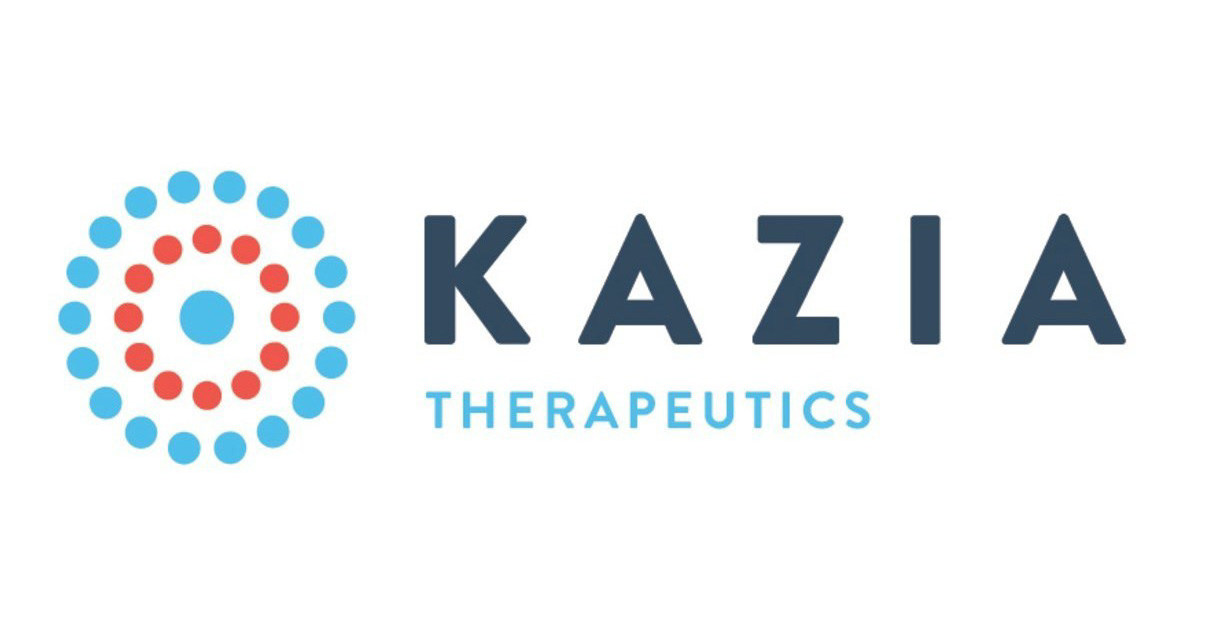
Kazia Therapeutics announces the launch of a groundbreaking trial with paxalisib in combination with immunotherapy in women with advanced breast cancer
/PRNewswire/ — Kazia Therapeutics Limited (NASDAQ: KZIA) an oncology-focused drug development company, is pleased to announce the regulatory approval and…
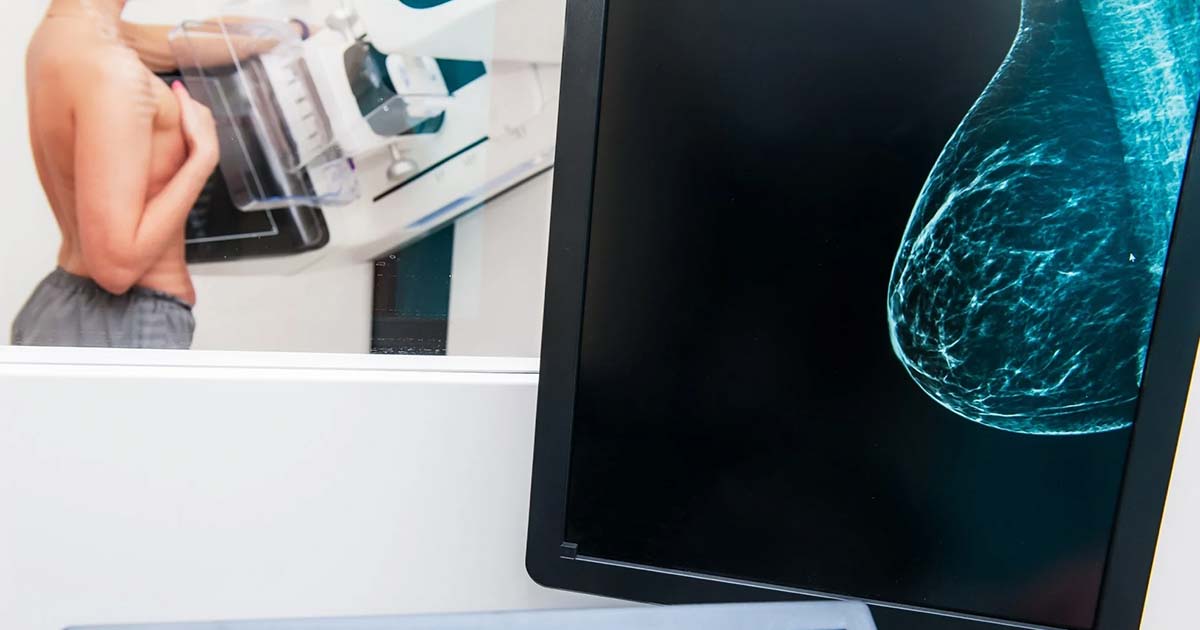
AI detects breast cancer years before diagnosis from mammograms
AI breakthroughs detect breast cancer 5 years early, revolutionizing diagnostics and offering hope for millions worldwide.
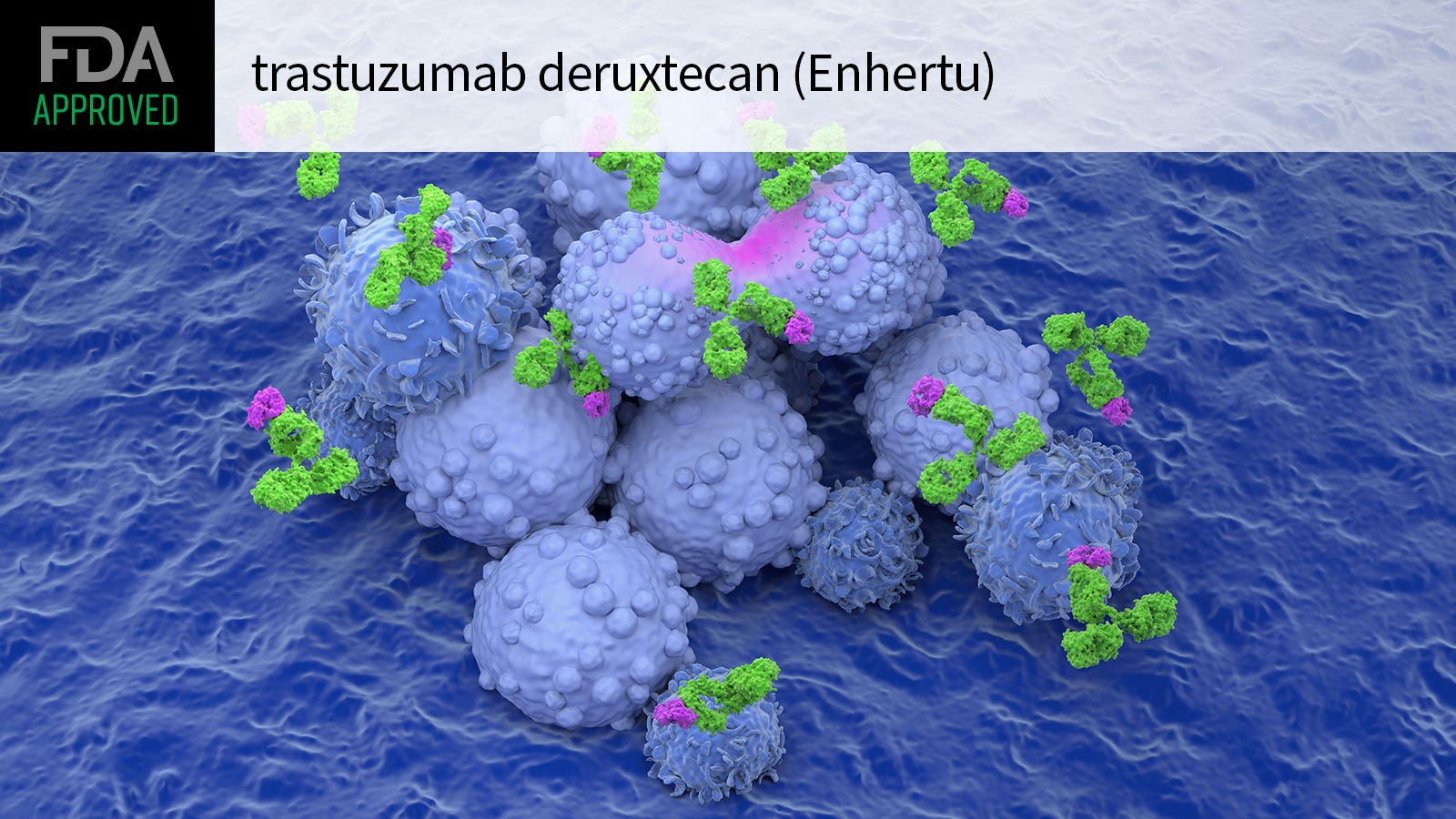
FDA Expands Enhertu Approval to HER2-Ultralow Breast Cancer
T-DXd approved in metastatic HR-positive, HER2-low/ultralow disease following endocrine therapy
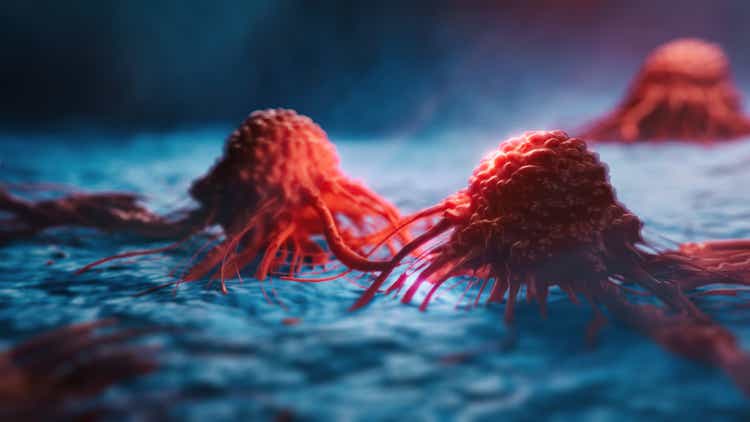
Breast cancer: Three times I learnt my diet was wrong – and how to avoid my mistakes
A breast cancer survivor shares her experiences with dietary mistakes during treatment and offers advice on proper nutrition.

Pfizer Inc. showcases groundbreaking genitourinary cancer research at ASCO GU Symposium
Pfizer presented new research on treatments for genitourinary cancers at the ASCO GU Symposium, highlighting advancements in oncology.
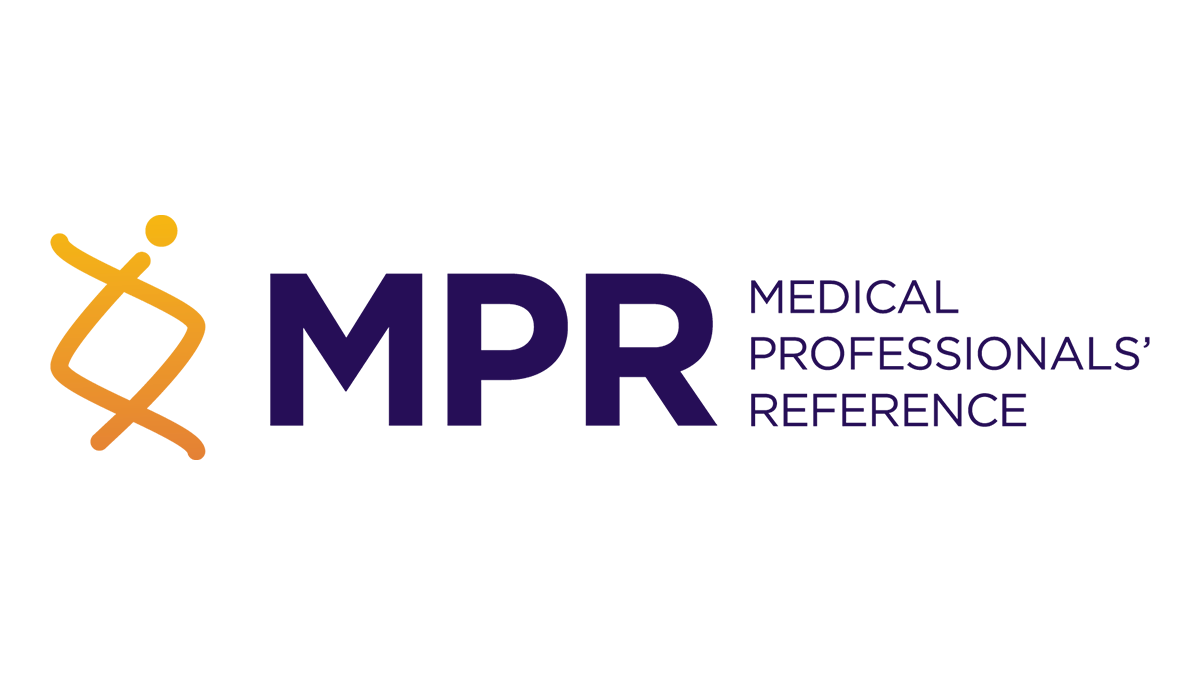
Enhertu Approved for HR+, HER2-Low/Ultralow Metastatic Breast Cancer
Approval of the new indication was based on data from the phase 3 DESTINY-Breast06 trial.






